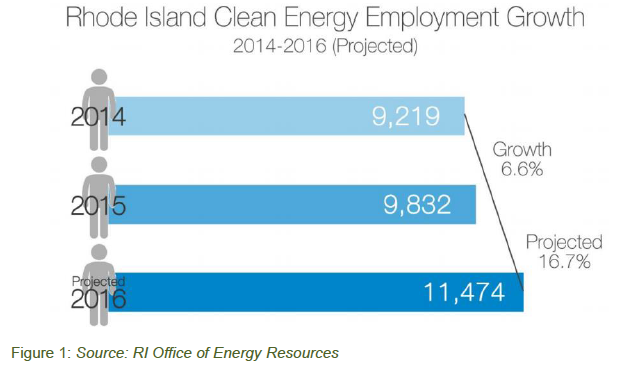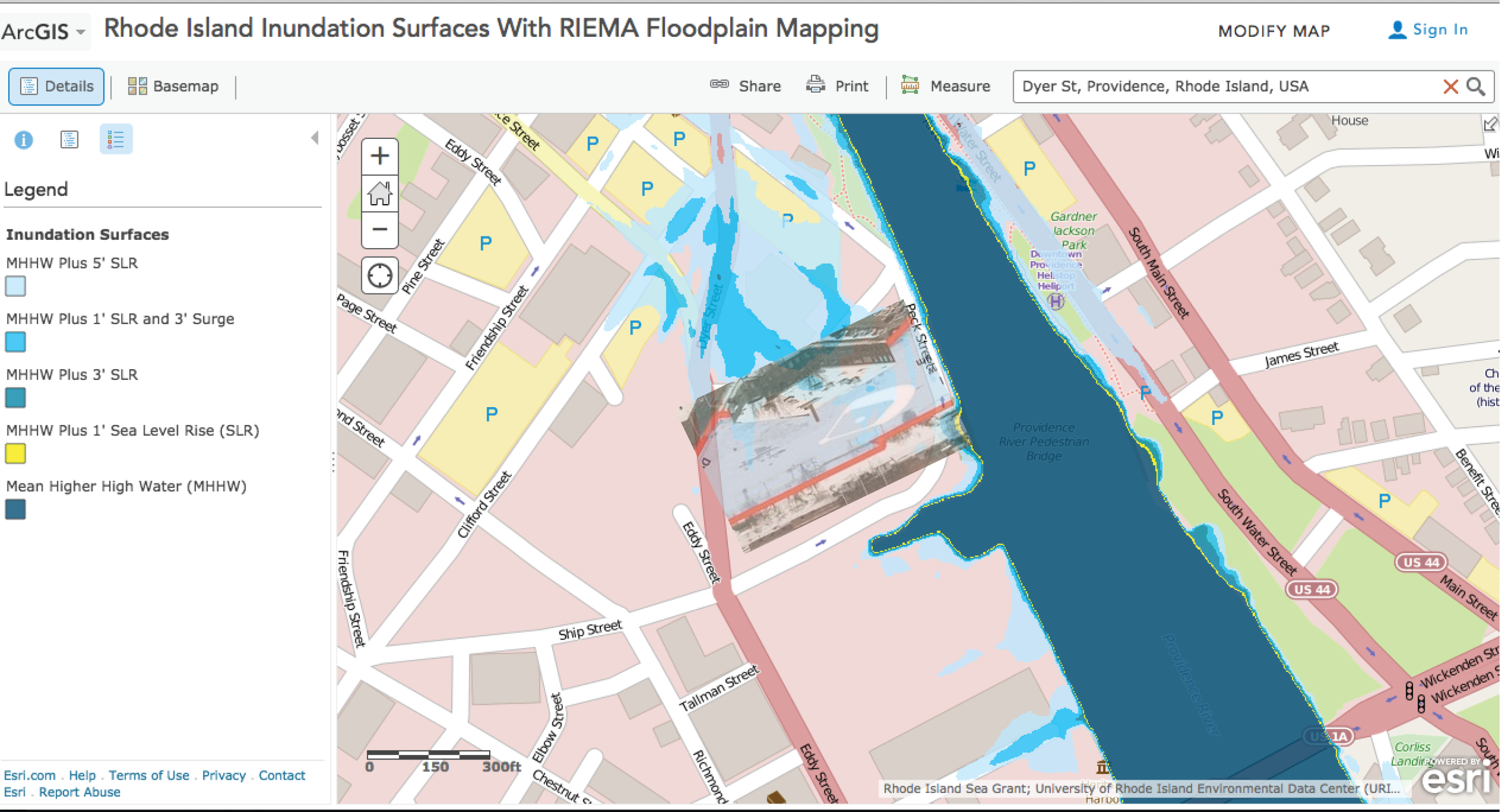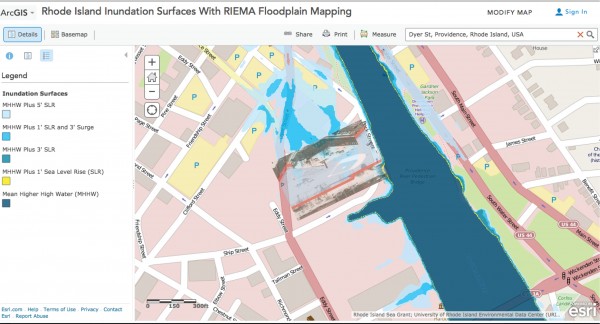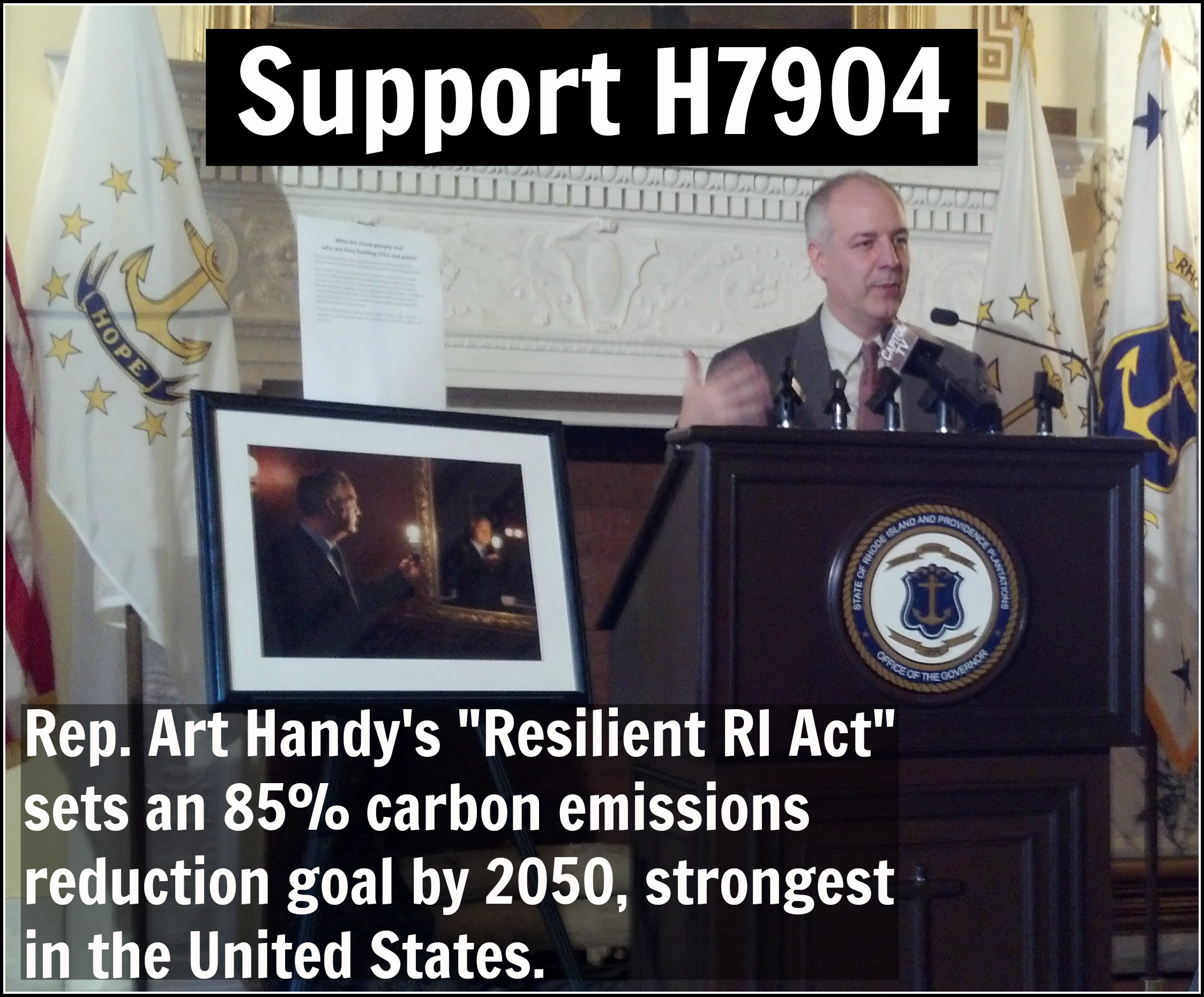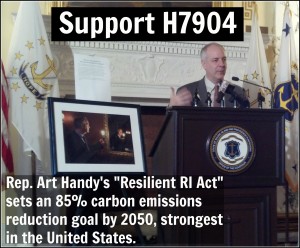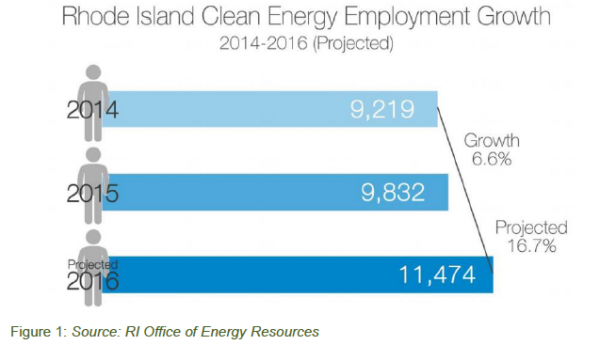 Senate President Teresa Paiva Weed is introducing a suite of bills today designed to attract more green jobs to the state, educate more Rhode Islanders to work in green industries, lower consumer costs to switching to solar power and invests heavily in local agriculture, seafood and aquaculture.
Senate President Teresa Paiva Weed is introducing a suite of bills today designed to attract more green jobs to the state, educate more Rhode Islanders to work in green industries, lower consumer costs to switching to solar power and invests heavily in local agriculture, seafood and aquaculture.
She describes her vision of transforming Rhode Island into a national leader in sustainability and resilient-related industries in a new document called the Grow Green Jobs Report, which lays out a vision for Rhode Island’s economy that would closely mirror ideas being implemented in her hometown. Last week, Newport officials testified at the House Commission on Economic Impacts of Flooding and Sea Rise about how the City-by-the-Sea is poised to both suffer and benefit from rising oceans.
“The Rhode Island Senate has identified the green sector of the economy as one that offers great opportunity for both job growth and environmental benefits,” the Grow Green Jobs Report says. “As the Ocean State, our economy and people have experienced the impacts of severe storms, rising sea levels and warming temperatures. We have the workforce and educational assets to build upon – to turn these challenging events into opportunities for a stronger economy and a more resilient state.”
Paiva Weed is leading a round table discussion today at 2pm in the Senate Lounge. “Participants will include the Chambers of Commerce, DEM, Office of Energy Resources, DLT, Resource Recovery, Department of Education, Higher Ed, Build RI, and others from the environmental community and green industries,” said Senate spokesman Greg Pare in an email.
The legislation that accompanies the report is expected to be filed today, Pare said. The policy recommendations in the report give an idea of what the legislation will include:
- Expand Real Jobs RI’s planning and implementation grants to include green industries.
- The Governor’s Workforce Board should create workforce training programs to support well-paying clean energy jobs, including establishing career pathways and internships to ensure accessibility at all income levels.
- Incentivize the creation and expansion of STEM/STEAM into all Rhode Island elementary and secondary schools, including certificate and pathways to higher education degree programs to prepare students in green technologies.
- Encourage our public higher education institutions to partner with green sector businesses to identify areas of job demand and to develop certificate and degree programs in a public report.
- Encourage our public higher education institutions to further develop degree programs leading to employment in the areas of climate change risk evaluation, sustainability, resiliency and adaptation.
- Extend the Renewable Energy Standard (RES) that provides for annual increases in the percentage of electricity from renewable sources that National Grid supplies to its customers.
- Incentivize in-state generation of renewable energy by expanding the Renewable Energy Growth (REG) Program, ensuring that more jobs and the economic benefits of renewable energy stay in Rhode Island.
- Implement an efficiency program for delivered fuels customers, adding construction jobs and assisting households with oil and propane fuel costs.
- Expand the RES to include renewable thermal technologies, such as geothermal heating and biofuels, which produce energy for heating, cooling or humidity control.
- Institute policies that will reduce the price of solar installation and support the anticipated five-fold increase in solar power over the next decade.
- Implement a streamlined statewide permitting program that removes unnecessary regulatory barriers, resulting in a predictable and less costly process for solar developers.
- Establish statewide property tax standards for small residential and commercial solar projects.
- Reinstate a state incentive for the installation of residential renewable energy systems.
- Rhode Island Commerce Corporation should provide specific job development incentives to companies that process and add value to Rhode Island’s agricultural and seafood products. The increased demand for local farm grown products will create additional production and logistics jobs.
- The Office of Regulatory Reform should work with state agencies and business representatives to review existing regulations that apply to Rhode Island plant-based industries and agriculture, identifying opportunities to coordinate across agencies and simplifying rules that apply to these businesses.
- Task Rhode Island Resource Recovery Corporation (RIRRC) with submitting an economic impact study of Rhode Island’s solid waste industries (recycling, reuse, trash hauling, recycling food waste, composting) to identify the most effective ways to develop jobs related to increased recycling in Rhode Island.
- Establish a goal to increase recycling to at least 50% of the state’s solid waste stream by 2025 and direct RIRRC to develop strategies to achieve that goal.

